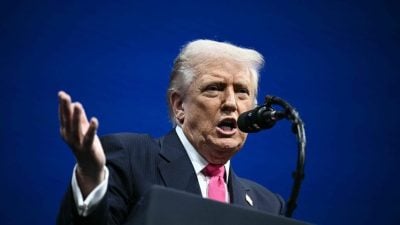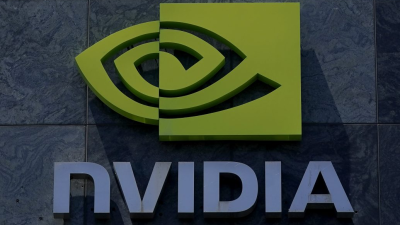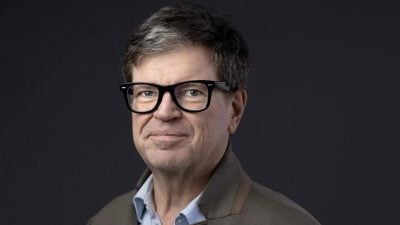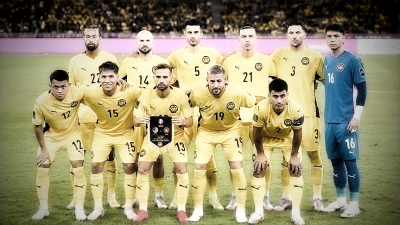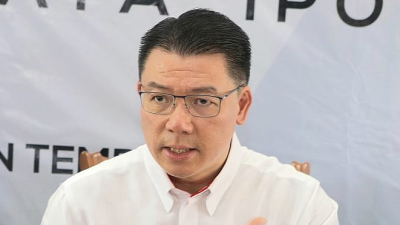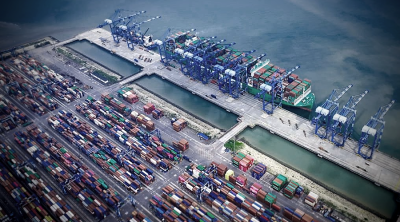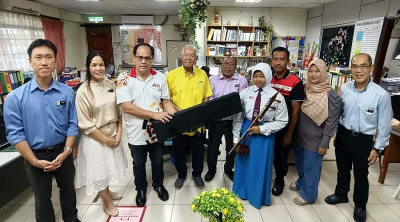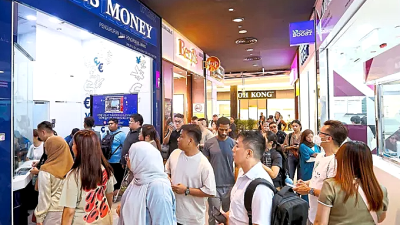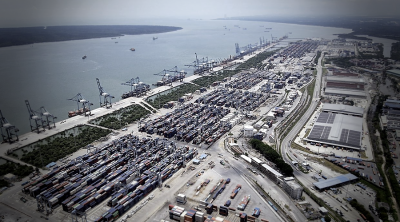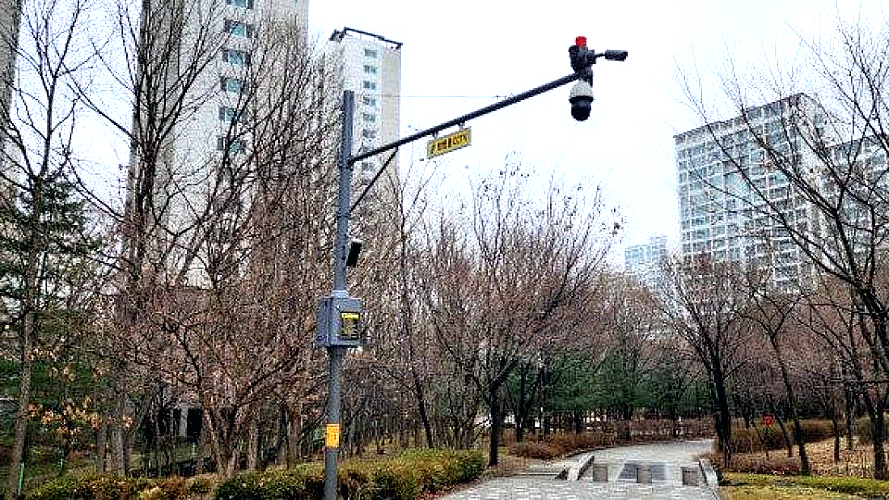
SEOUL: More artificial intelligence-backed surveillance cameras will be installed in Seoul to prevent and deter crime, Seoul city officials said.
The Seoul Metropolitan Government said it will install extra closed-circuit television cameras equipped with artificial intelligence technology in public parks and along hiking trails throughout the capital to reduce crime blind spots.
Those cameras use AI technology to detect movements such as wandering, falling or even assault, and automatically transmit the images to police control rooms, fire control rooms and the city’s disaster safety situation rooms.
Seoul has established such control centers in 25 districts of Seoul to monitor emergencies around the clock.
The city plans to newly install 10,657 cameras equipped with AI technology by 2026 in parks and along hiking trails where it has a higher crime rate than other areas but still does not have cameras.
By the end of 2024, 4,748 of the cameras will be installed.
The city is also to replace outdated security cameras with the new AI cameras. Old surveillance cameras of less than 1.3 million pixels will be replaced first.
As of 2023, more than 160,000 security cameras are in operation in the city, and 15,000 are set to be replaced next year.
The Seoul Metropolitan Government has announced that it would eventually replace 85,000 cameras not equipped with AI technology with the new technology over the next three years. The total budget for the three years is 126.5 billion won ($98.1 million).
Kim Jin-man, head of the Digital Policy Bureau, said “cameras help to protect the lives and safety of citizens. We will eliminate blind spots to protect citizens from crimes through this measure.”
The surveillance measures come as part of an effort to combat brutal crimes.
In August, a man raped and murdered a female teacher on a Gwanaksan hiking trail in southern Seoul, confessing to police later that he chose the location of his crime considering the absence of surveillance.
Following the brutal incident, Mayor Oh Se-hoon vowed to do his utmost to prevent future incidents in such danger zones and to swiftly improve safety.
ADVERTISEMENT
ADVERTISEMENT






